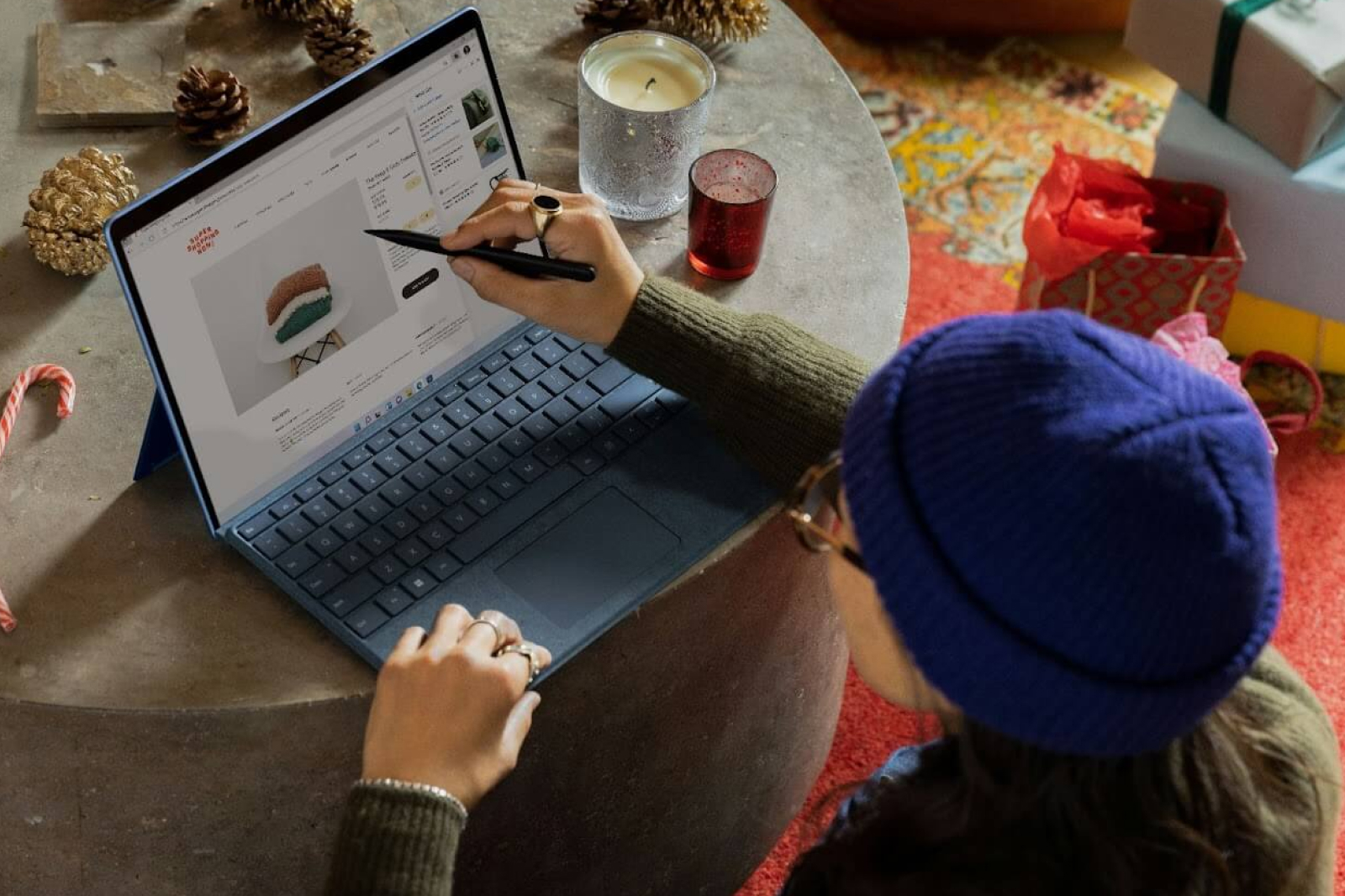If you want to diversify where your money is stored, you may want to consider opening an international bank account. Offshore banking is a great way to secure your assets and stay protected. Plus, if you were wondering, it’s totally legal. Here’s what you need to know about bank accounts outside of the U.S.
1. Foreign institutions are not so crazy about managing Americans’ assets.
Why? Because starting in the early 2000s, our government (which was having some fiscal challenges) was looking for ways to increase tax revenue. The problem was, U.S. citizens had undeclared foreign assets abroad. So foreign banks that still supported non-compliant individuals were under scrutiny. But how do we get around this? The best thing to do is report your worldwide income. The more information you’re willing to give up, the more they’re going to trust you.
2. Use an OSP.
An OSP is an Offshore Service Provider. This is like an agency that will take care of all your paperwork for you. So all you’ll need to do is fill out their application and get a notarized copy of your passport and proof of address. The OSP also provides you a reference if needed for certain offshore banks. An OSP takes all of the hassle out of figuring this stuff out on your own.
3. If you can, visit the bank.
Facetime is important, especially when it comes to people dealing with your money. You’ll also have more options, as some banks only allow you to open an account in person. Also, if you go in person, the bank will trust you as a low-risk individual and will be more likely to have reduced paperwork.
4. Have all your documents in order.
You’ll need a notarized copy of your passport, a notarized copy of a utility bill, a bank reference, professional reference, and proof of income. If you’re opening a corporate account, you’ll also need notarized company documents and a detailed business plan. (A notary is just a fancy word for a person who can perform official stuff. You can find one, here.)
With these things in mind, you’ll be able to successfully diversify your assets all around the world.
string(2858) "
If you want to diversify where your money is stored, you may want to consider opening an international bank account. Offshore banking is a great way to secure your assets and stay protected. Plus, if you were wondering, it's totally legal. Here's what you need to know about bank accounts outside of the U.S.
1. Foreign institutions are not so crazy about managing Americans' assets.
Why? Because starting in the early 2000s, our government (which was having some fiscal challenges) was looking for ways to increase tax revenue. The problem was, U.S. citizens had undeclared foreign assets abroad. So foreign banks that still supported non-compliant individuals were under scrutiny. But how do we get around this? The best thing to do is report your worldwide income. The more information you're willing to give up, the more they're going to trust you.
2. Use an OSP.
An OSP is an Offshore Service Provider. This is like an agency that will take care of all your paperwork for you. So all you'll need to do is fill out their application and get a notarized copy of your passport and proof of address. The OSP also provides you a reference if needed for certain offshore banks. An OSP takes all of the hassle out of figuring this stuff out on your own.
3. If you can, visit the bank.
Facetime is important, especially when it comes to people dealing with your money. You'll also have more options, as some banks only allow you to open an account in person. Also, if you go in person, the bank will trust you as a low-risk individual and will be more likely to have reduced paperwork.
4. Have all your documents in order.
You'll need a notarized copy of your passport, a notarized copy of a utility bill, a bank reference, professional reference, and proof of income. If you're opening a corporate account, you'll also need notarized company documents and a detailed business plan. (A notary is just a fancy word for a person who can perform official stuff. You can find one, here.)
With these things in mind, you'll be able to successfully diversify your assets all around the world.
"












